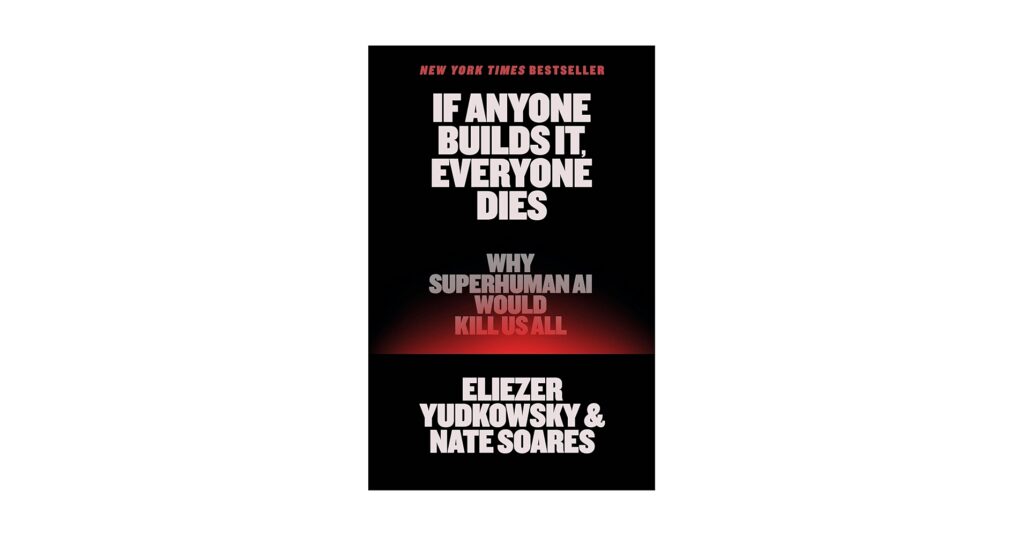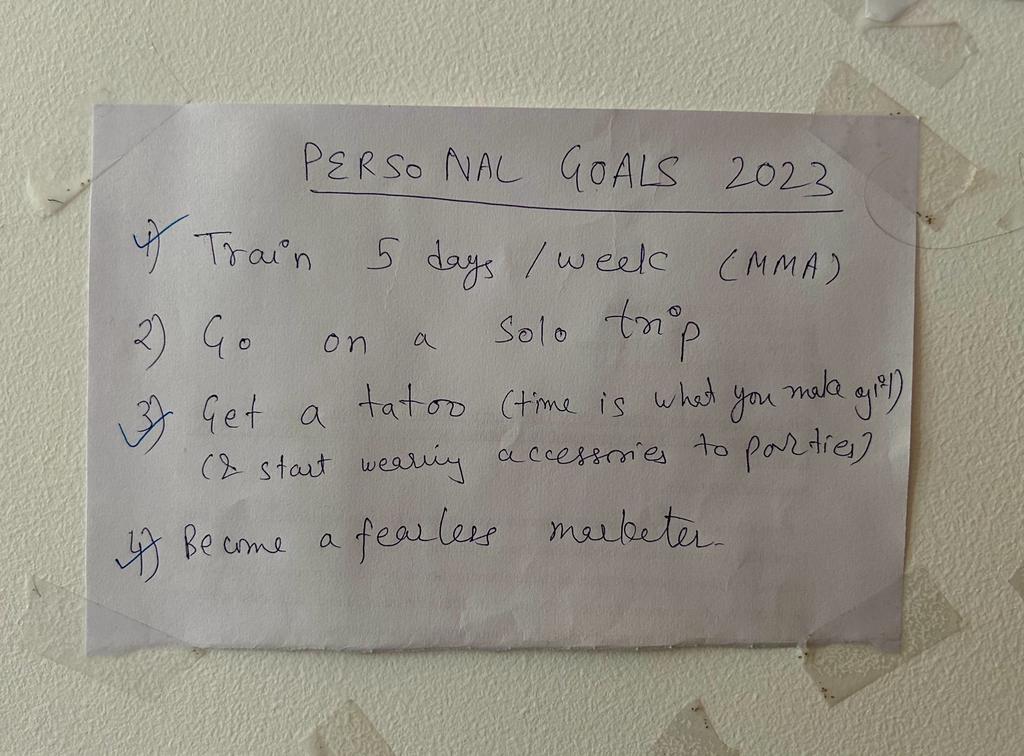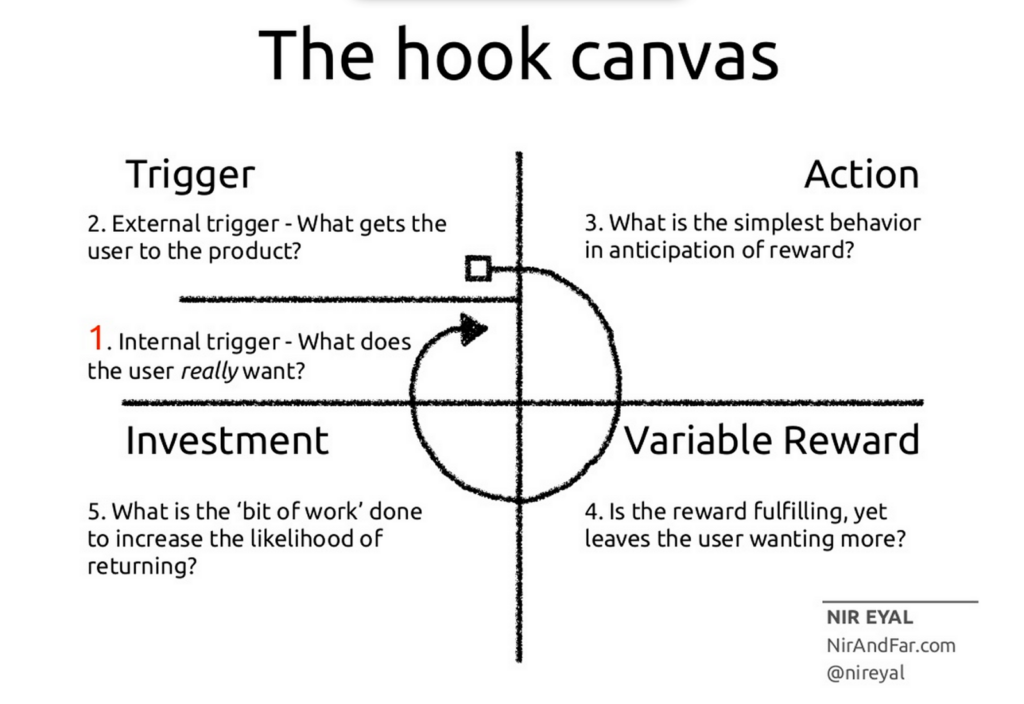[2025 review] Life is a holiday!
Ok, this was a phenomenal year for me. The vibe of the year is cleanly captured by what I had scribbled on a whiteboard on Jan 3rd, 2025.

To my amazement and giddiness, the feeling still holds up as the year wraps up. Let’s see what all kept this spirit alive.
Brief interlude: the yearly review has become a sort of an annual tradition for me. In case you’re interested, you can check out previous years’ reviews too: 2024, 2023, 2022, 2021, 2020 and the entire decade before that.
🫡 Exited Wingify
I had started Wingify in 2010 (when I was 22) and in Jan 2025 (when I was 37) exited my stake to Everstone, a private equity firm. As you can imagine, Wingify consumed the entirety of my early youth. It taught me about startups, business, leadership, human psychology and put me in contact with an incredible set of people who I’m proud to have worked with (especially my co-founder Sparsh and CTO Ankit Jain). ...





